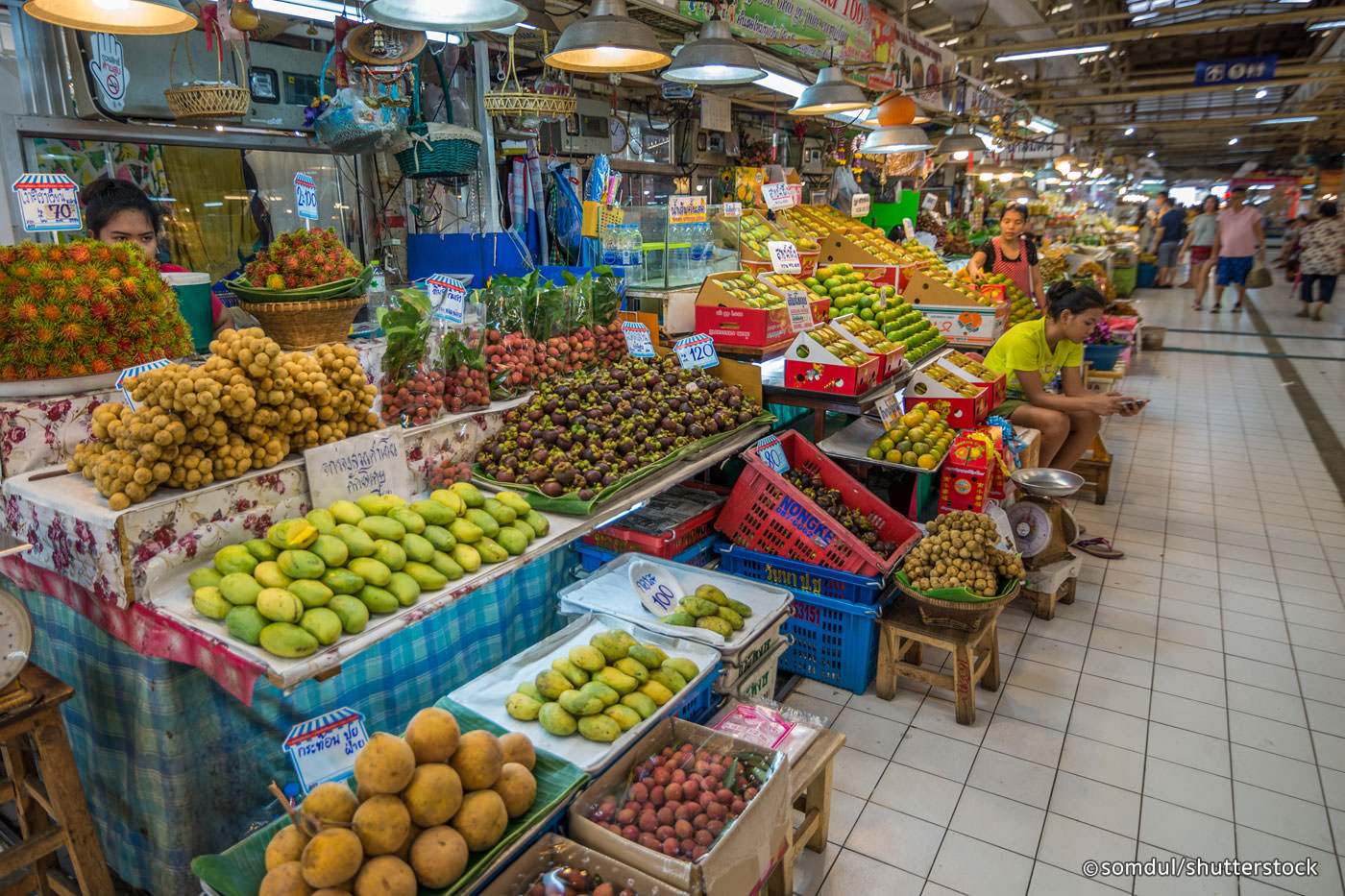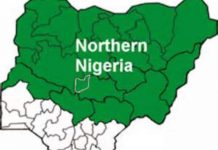The increases in food prices during the Yuletide may have significantly impacted on the Consumer Price Index, (CPI) in the month of December 2018 as the headline inflation rose by 0.16 percent Year on Year (YoY) to 11.4 percent. Financial analysts have also projected that the ongoing presidential election campaign would put more pressure on the general price level of goods and services in this month leading to further rise in the inflation.
The report released by the Nigeria Bureau of Statistics, NBS, yesterday shows that that headline inflation rate further increased to 11.44 percent YoY, representing 0.16 percent or a 0.16 basis points, bps higher than 11.28 per cent recorded in November 2018. Month on Month, MoM food inflation tapered by 9 bps to 0.81 percent driven by a sharp deceleration in processed and imported food, which neutered slight uptick in farm produce.
Meanwhile, month-on-month core inflation moderated faster by 19 bps to 0.5 percent on account of temperance across Housing, Water, Gas, Electricity, and other Fuel (HWEGF), Health, and Clothing and Footwear sub-components.
The data from the NBS also showed that the composite food index upticked by 26 percent to 13.56 percent in December 2018 from 13.30 percent in November 2018 due to increases in prices of soft drinks, fish, bread and cereals, oils and fats, coffee, tea and cocoa, meat, milk, cheese and egg, vegetables, potatoes, yam and other tubers.
The data revealed that higher prices of food were recorded in Abuja, Bayelsa and Nasarawa States as food inflation in the respective states increased to 16.50 percent, 16.23 percent and 16.15 percent.
According to the inflation report “The urban inflation rate increased by 11.73 percent YoY in December 2018 from 11.61 percent recorded in November 2018, while the rural inflation rate increased by 11.18 percent in December 2018 from 10.99 percent in November 2018.







